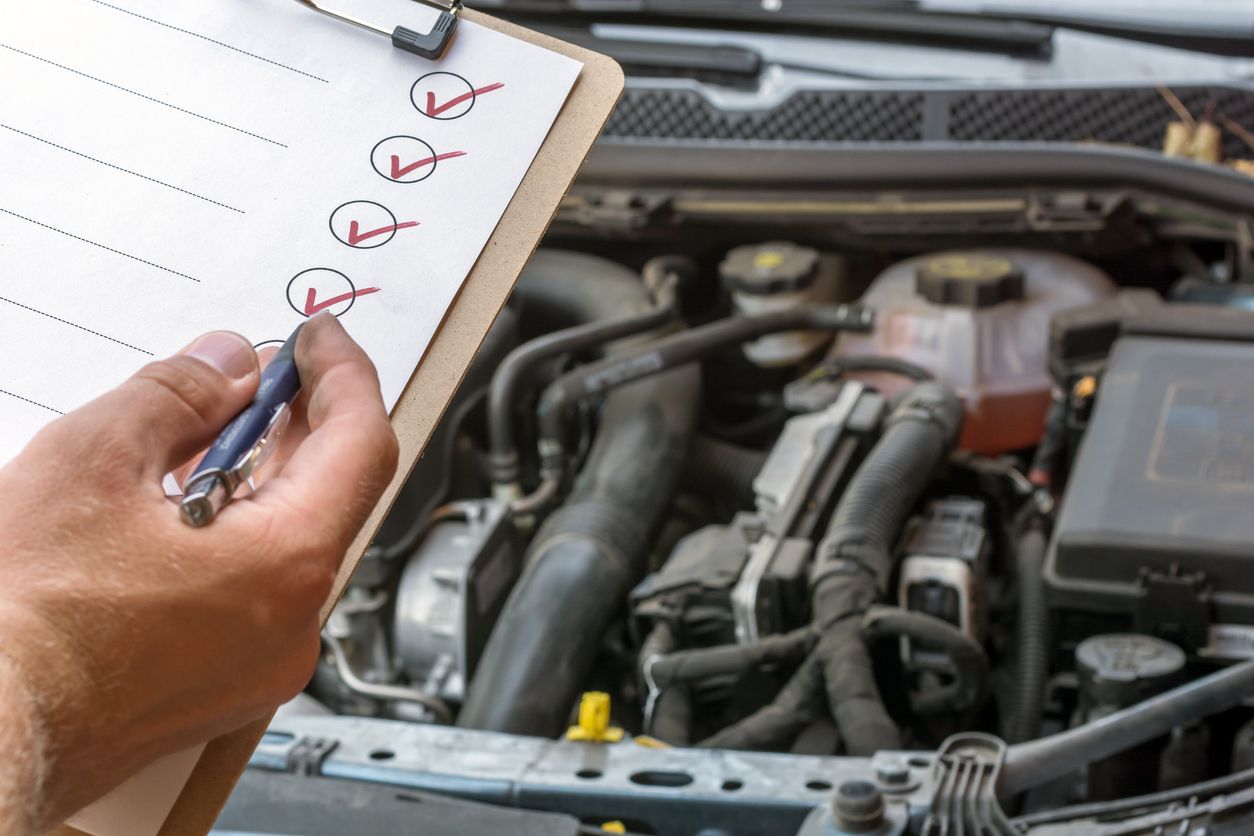All Categories
Featured
The timing belt is an essential element of your engine, in charge of synchronizing the movement of numerous engine components, such as the crankshaft and camshaft. This makes certain the engine's valves open and close at the correct times during the burning cycle. While the timing belt might not be something you consider typically, disregarding its maintenance can lead to significant engine damages and pricey repairs. Below's why timing belt replacement is necessary for your vehicle's longevity and efficiency.
What Is a Timing Belt and Just How Does It Work? The timing belt is a rubber or composite product belt that connects the crankshaft to the camshaft in an interior combustion engine. The camshaft regulates the opening and closing of the engine's consumption and exhaust shutoffs, and it should be timed perfectly with the activity of the pistons in the engine. The timing belt makes sure that these parts remain in sync, allowing the engine to run smoothly.
If the timing belt comes to be or stops working worn, the camshaft and crankshaft will certainly no more be synchronized, which can cause the engine's valves to hit the pistons. This brings about disastrous engine damages and frequently calls for expensive repairs or perhaps an engine substitute.
Why Is Timing Belt Substitute Important? With time, the timing belt can use down because of rubbing, warm, and general engine wear. While it may feel like a little issue, a malfunctioning timing belt can cause major engine problems. Here's why prompt replacement is vital:
Avoiding Engine Damage: As pointed out, a busted or slipping timing belt can cause the engine's shutoffs and pistons to clash. This causes curved shutoffs, harmed pistons, and in severe instances, a complete engine failure. Replacing the timing belt before it breaks can prevent this expensive damages.
Maintaining Engine Efficiency: A damaged timing belt can disrupt the synchronization of the engine parts, lowering total engine performance. Changing the belt helps preserve optimum engine feature, guaranteeing smooth procedure, enhanced gas performance, and better performance.
Staying Clear Of Unforeseen Malfunction: A broken timing belt can leave you stranded on the side of the road, causing a major aggravation. By replacing the timing belt at the suggested periods, you can prevent the danger of an unanticipated failure, specifically in the middle of a long journey or when you least anticipate it.
![]()
Conserving Cash in the Long Run: While timing belt substitute can seem like an expense you might wish to delay, it's more affordable than the cost of repairing or replacing a harmed engine. The substitute price is relatively affordable compared to the extensive fixings called for if the timing belt breaks. Aggressive maintenance can save you countless bucks out of commission and preserve your vehicle's value.
When Should You Change the Timing Belt? The timing belt replacement timetable can differ relying on your car's make and version. In general, a lot of producers advise replacing the timing belt every 60,000 to 100,000 miles. It's always best to consult your proprietor's manual or a trusted technician for particular recommendations for your car.
Indications that your timing belt may require substitute consist of uncommon engine sounds such as ticking or whining, problem beginning the engine, or a recognizable reduction in engine performance. If you experience any of these signs and symptoms, it is essential to have the timing belt evaluated promptly.
![]()
Final thought. Replacing the timing belt at the recommended periods is a vital part of maintaining your engine's wellness and guaranteeing that your automobile runs efficiently. A damaged timing belt can lead to expensive repair work, engine failing, and unexpected failures, which can be avoided with correct upkeep.
What Is a Timing Belt and Just How Does It Work? The timing belt is a rubber or composite product belt that connects the crankshaft to the camshaft in an interior combustion engine. The camshaft regulates the opening and closing of the engine's consumption and exhaust shutoffs, and it should be timed perfectly with the activity of the pistons in the engine. The timing belt makes sure that these parts remain in sync, allowing the engine to run smoothly.
If the timing belt comes to be or stops working worn, the camshaft and crankshaft will certainly no more be synchronized, which can cause the engine's valves to hit the pistons. This brings about disastrous engine damages and frequently calls for expensive repairs or perhaps an engine substitute.
Why Is Timing Belt Substitute Important? With time, the timing belt can use down because of rubbing, warm, and general engine wear. While it may feel like a little issue, a malfunctioning timing belt can cause major engine problems. Here's why prompt replacement is vital:
Avoiding Engine Damage: As pointed out, a busted or slipping timing belt can cause the engine's shutoffs and pistons to clash. This causes curved shutoffs, harmed pistons, and in severe instances, a complete engine failure. Replacing the timing belt before it breaks can prevent this expensive damages.
Maintaining Engine Efficiency: A damaged timing belt can disrupt the synchronization of the engine parts, lowering total engine performance. Changing the belt helps preserve optimum engine feature, guaranteeing smooth procedure, enhanced gas performance, and better performance.
Staying Clear Of Unforeseen Malfunction: A broken timing belt can leave you stranded on the side of the road, causing a major aggravation. By replacing the timing belt at the suggested periods, you can prevent the danger of an unanticipated failure, specifically in the middle of a long journey or when you least anticipate it.

Conserving Cash in the Long Run: While timing belt substitute can seem like an expense you might wish to delay, it's more affordable than the cost of repairing or replacing a harmed engine. The substitute price is relatively affordable compared to the extensive fixings called for if the timing belt breaks. Aggressive maintenance can save you countless bucks out of commission and preserve your vehicle's value.
When Should You Change the Timing Belt? The timing belt replacement timetable can differ relying on your car's make and version. In general, a lot of producers advise replacing the timing belt every 60,000 to 100,000 miles. It's always best to consult your proprietor's manual or a trusted technician for particular recommendations for your car.
Indications that your timing belt may require substitute consist of uncommon engine sounds such as ticking or whining, problem beginning the engine, or a recognizable reduction in engine performance. If you experience any of these signs and symptoms, it is essential to have the timing belt evaluated promptly.

Final thought. Replacing the timing belt at the recommended periods is a vital part of maintaining your engine's wellness and guaranteeing that your automobile runs efficiently. A damaged timing belt can lead to expensive repair work, engine failing, and unexpected failures, which can be avoided with correct upkeep.
Latest Posts
Need Complete Car Maintenance in St. Louis? Car-X St. Louis Keeps You Rolling
Published May 11, 25
1 min read
Find Out Why Chicago Drivers Prefer Montclare Auto Repair for Trusted Service and Significant Savings
Published May 11, 25
1 min read
Experience WyHy Federal Credit Union – Your Guide to Superior Financial Services in Wyoming
Published May 11, 25
1 min read
More
Latest Posts
Need Complete Car Maintenance in St. Louis? Car-X St. Louis Keeps You Rolling
Published May 11, 25
1 min read
Find Out Why Chicago Drivers Prefer Montclare Auto Repair for Trusted Service and Significant Savings
Published May 11, 25
1 min read
Experience WyHy Federal Credit Union – Your Guide to Superior Financial Services in Wyoming
Published May 11, 25
1 min read